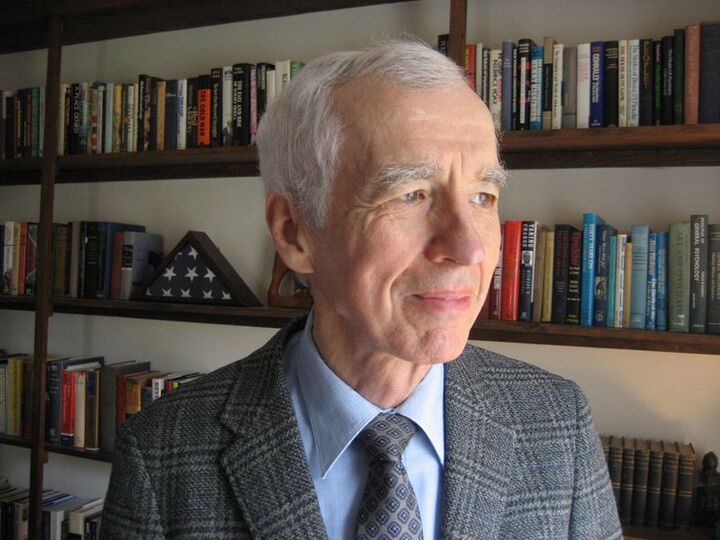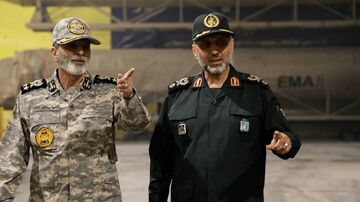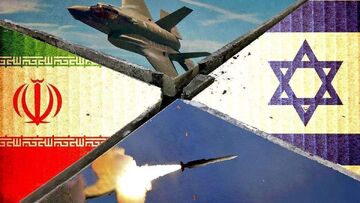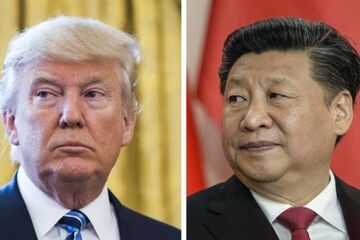TEHRAN (Bazaar) – Professor Paul Pillar, who was CIA intelligence analyst for 28 years, says Iran and US do not want to escalate tensions from their current level, and in that sense current understandings are indefinitely sustainable.
“More comprehensive agreement includes more issues, which multiply the problems of setting priorities and just make the negotiation more complex overall,” Pillar told Bazaar News Agency.
Following is the full text of the interview.
Q: In his recent statement, Qatar's foreign minister announced that the partial nuclear agreement (quid-pro-quo approach) is the best way to reach a comprehensive agreement between Iran and the United States. What is your assessment of this solution?
A: Probably something that is less comprehensive than the original JCPOA has the best chance, to the extent there is any chance, of being reached in the foreseeable future.
Q: One of the obstacles to the quid-pro-quo approach is determining the priorities of each step. Another problem is that the components of these steps are related to each other, and without having a general picture of what should be finally achieved, it is difficult to determine the priority of the steps. What is your assessment?
A: The same challenges would face any possible agreement, including the more comprehensive as well as the less comprehensive types. It may be true that a less comprehensive approach in which a few concessions are traded on a quid pro quo basis gives less of a sense of a final "general picture." But on the other hand, a more comprehensive agreement includes more issues, which multiply the problems of setting priorities and just make the negotiation more complex overall.
Q: One of the successful cases of the quid-pro-quo approach is the exchange of prisoners and the cessation of Iran's enrichment of 60%. Is this approach applicable to other fundamental differences between Iran and the United States?
A: I believe that the recent deal does demonstrate the feasibility of agreements that focus on exchanging just a few concessions. This can be true even if the concessions span different topics--in this case, release of prisoners and financial measures involving release of frozen assets.
Q: America is satisfied with the current situation based on a temporary understanding, but Iran wants the lifting of sanctions, which will be achieved through a comprehensive agreement. However, no Iranian official has yet taken a position regarding Qatar's ‘quid-pro-quo approach’. However, due to the time-consuming nature of such an approach, it seems that in the short term, Iran will not achieve its desired economic benefits. What is your assessment?
A: In the short-term Iran will not receive all the economic benefits it seeks, but the government may still be open to partial arrangements that provide some of those benefits.
Q: To what extent can the current temporary understanding between Iran and the US be sustainable?
A: Neither side wants to escalate tensions from their current level, and in that sense current understandings are indefinitely sustainable. But those understandings can be upset by events outside the control of either the US or Iran, such as accidental encounters or some third party such as Israel stirring up trouble.















نظر شما